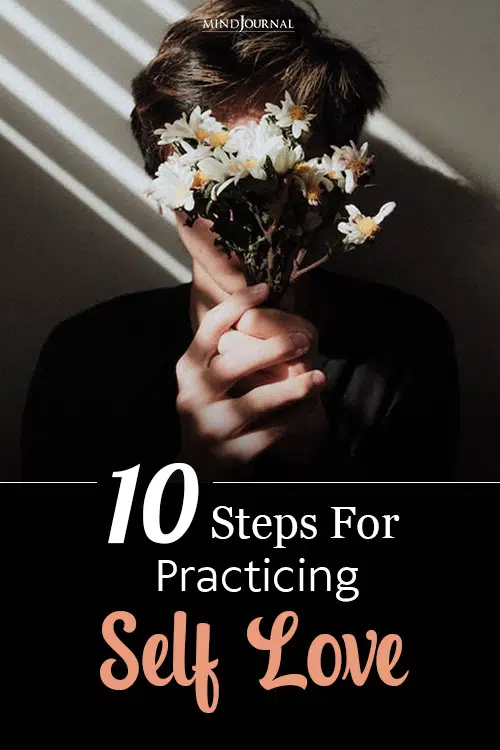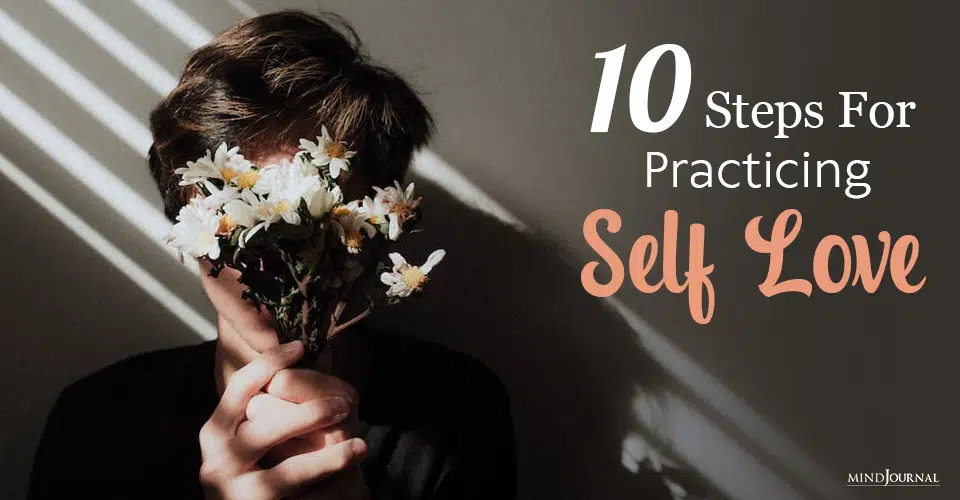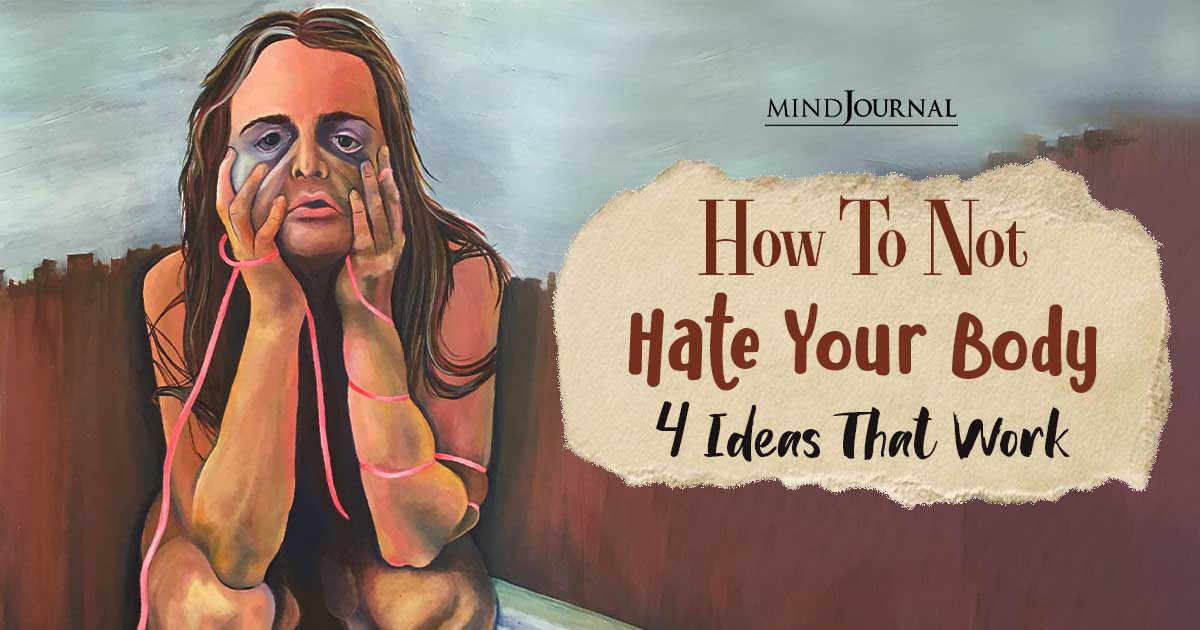“Be gentle with yourself, learn to love yourself, to forgive yourself, for only as we have the right attitude toward ourselves can we have the right attitude toward others.” – Wilfred Peterson
I used to think self love meant being the prettiest I can be, displaying a façade of perfection to the world on social media, and denying any of my hidden fears and doubts.
How wrong I was.
Self love begins and ends internally. It cannot be contingent on how others feel about us, what they think about us, or what they say about us. Validation from others is addictive; we can become unhealthily reliant on it. Remember that self-love can only be cultivated internally. Here’s how.
10 Steps For Practicing Self Love
1. To Have Self-Esteem, Start By Doing Esteemable Things.
This may sound simple, but it is only when we bring a level of awareness to the discrepancies in our values and actions that we truly become mindful of how unbalanced these two can be. I can mean well but actively gossip. I can believe in honesty but lie to my peers.
If my insides and my outsides are not aligned, I cannot and will not feel good about myself. This is called cognitive dissonance.
Related: The Art Of Self Love
2. Acknowledge All Parts Of Yourself.
Even—and especially—the parts you want to hide. Shed light on them: your emotions, your fears, your body, your voice. Everything that makes you you. A book that may help you take this step is Braving the Wilderness, by Brene Brown.
3. Affirmations.
I used to think this was corny and weird, but in the last year or so, I’ve been writing down “I am” statements: I am beautiful, I am competent, I am passionate, I am enough, and so on.
When I change my internal narrative, I change the way I view myself. I’ll find what I’m looking for. This means that if I am seeking evidence that I’m not good enough, I’ll find it. On the other hand, if I am looking for evidence that I am worthy of love and belonging, I will find that, too.
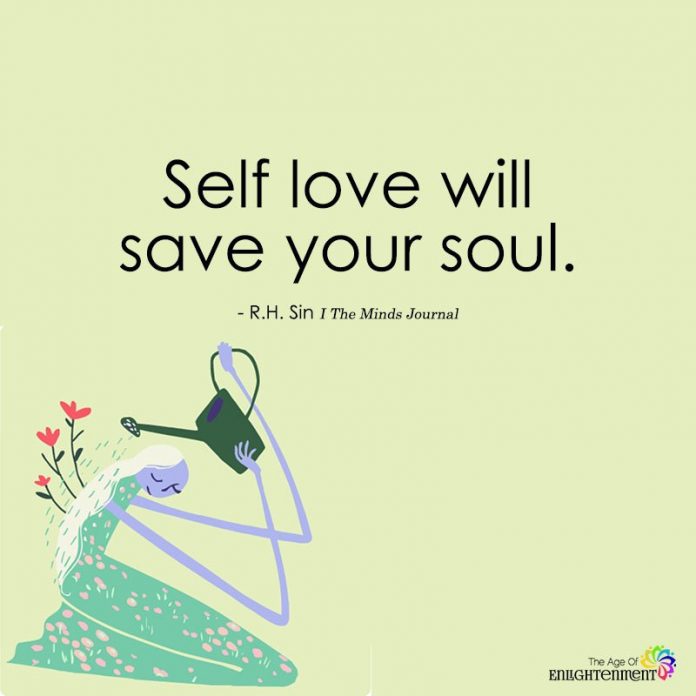
4. Speak Your Truth.
We can slide into the habit of deflecting from our truth on a regular basis. Did you actually like that movie? Have you really heard of that band? If you’re upset or angry, are you able to articulate how you feel and tell another person?
Try to deconstruct whatever is blocking you from speaking your truth (fear, people-pleasing, etc).
5. Daily Inventories.
While this is one of the 12 steps, I have noticed that those of us in recovery seldom do it correctly. We are not solely meant to acknowledge or write down where we were resentful, selfish, dishonest, or afraid, but also identify what we did well and what we packed into the stream of life that day.
The 10th step instructs us not to be martyrs, but we often focus on where we fell short instead of also including our victories. So before you go to sleep at night, make a mental or physical inventory of your strengths and wins for that day, as well as the things you’d like to improve.
Related: Osho on the Concept of Love and Self Love – some of his deepest Teachings
6. Connect With Those Who Feed Your Soul.
Do your friends accept you for who you are, but also challenge you to continue growing? Are you able to satiate your innate, human need for connection with the people in your life? Or are you like the actor on stage, wearing different masks and costumes throughout the day?
7. Cultivate Gratitude.
A yoga teacher once told me, “Happiness does not lead to gratitude. Gratitude leads to happiness.” This is also true of internal happiness and self love. What are you grateful for about yourself today?
8. Practice Compassion And Forgiveness.
Yes, it’s important to practice this with others. But can you also practice it internally? You are human. You will fall short. You will make mistakes.
But more importantly, what is the story you tell yourself about your mistakes? Can you cultivate non-judgmental awareness inwardly, and forgive yourself (while also staying accountable) on a daily, even moment to moment basis?
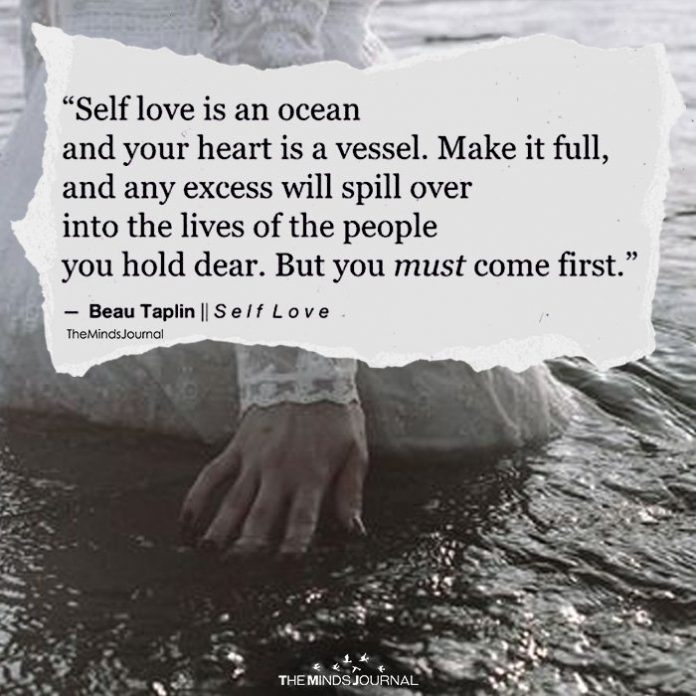
9. Learn To Laugh At Yourself.
Going along the lines of self-compassion, try to incorporate humor into your internal narrative. Instead of, “Why can’t I do anything right?” or “I hate my body,” I invite you to laugh at your humanness.
Almost all of us are striving for this unrealistic goal of perfection. The fact of the matter is that we connect through our imperfections—our humanity.
Related: 9 Steps That’ll Help You Love Yourself Better
10. Be Of Service.
Every time we step outside of ourselves and into the arena of helping another, in any capacity, we tell ourselves that we have something to offer—that we are enough, and that we can make a difference.
Be mindful not to slip into caretaking and trying to save others; we can only control our own actions and reactions. But we can show up, be a light, instill hope, and be helpful. And in doing that, we set ourselves free.
These are 10 simple steps, but as humans beings, we have a tendency to complicate the hell out of them. I encourage you to talk about these steps in therapy, allow others to help you deconstruct whatever is blocking you from self love, and try to connect with people who bring you closer to your ideal, rather than those who keep you living in cognitive dissonance.
And, as always, remember: You are worthy. You are enough. You are whole.
Written By Hannah Rose Originally Appeared On PsychologyToday
